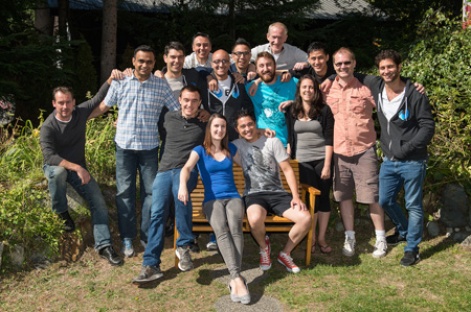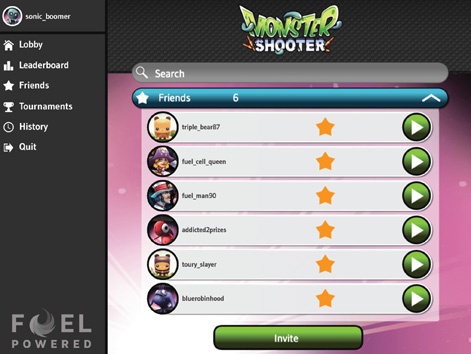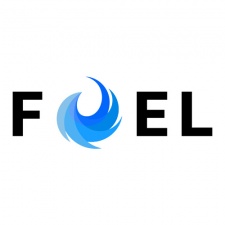In an ecosystem in which games-are-a-service, it's no surprise that developers need to be constantly improving their games to keep players interested, engaged and challenged.
The exact ways of doing this are more difficult to determine, however.
More than just adding new content and offering new retailing bundles, the most innovative developers also consider how they can keep a game experience fresh without crunching their dev teams into the dust.
That means moving into the softer aspects of customer relationships, running tournaments and events, which don't involve new content but through time and other contextualisations, excite players to play - and perhaps - even pay more.
Competitive edge
It's this sort of approach that is seeing many different types of service providers entering the mobile gaming space.
Recently on PocketGamer.biz, we've been talking to real-money skill-based platforms, not to mention covering their inverse - charity-based systems such as Playmob.
Fuel - which has just announced a $3.5 million funding round - sits somewhere between the two extremes.
In part, that's because the company was previously called Grantoo and, like Playmob, firmly part of the charitable side of the business divide.
"Charity remains important to us but we just didn't have the scale," explains Mik Naayem, Grantoo's (and now Fuel's) founder on the rebranding.
Naayem is a Columbia University graduate who left his career in finance to pursue his passion for mobile games, and co-founded Fuel with former EA CTO Alan Price.
Day-to-day operations
In the classic sense, however, the Grantoo-to-Fuel change isn't a pivot.
The company is focused on the same thing: working with developers to promote engagement and monetisation through competitive multiplayer gameplay.

"We call it competitive casual gaming," says Naayem, marking a difference between the sort of core mechanics seen in titles such as Glu/Cie Games' Racing Rivals, in which players can wager their in-game vehicles.
"We reckon the audience is around 500 million gamers, and as we've seen, running things like live events can drive a big increase in activity."
For example, using Fuel's platform, Miniclip saw a 27 percent increase in sessions and 5 percent increase in IAPs in Rail Rush, while SpryFox's Triple Town saw a 4 percent lift in daily active players and increased its 7-day retention by 2.3-times.
Best-in-class
Called the PropellerSDK, it's a white-labelled platform across iOS and Android that brings together multiplayer aspects ranging from multiplayer challenges and time-based tournaments to virtual rewards, push notifications and social virality.
Naayem wants to ensure Fuel works closely with a small set of developers, though.

"We're not going to be in thousands of games," he says. "At present, we're working with just eight companies. We want to have the deepest impact."
Partly that's also a physical scale issue.
Fuel has its engineering in Vancouver and its headquarters in San Francisco. Both locations have seen an influx of experienced staff, thanks in part to the funding round, and an office is opening in London, which will run the company's European operations.
You can find out more about what Fuel is up to via its website.






















